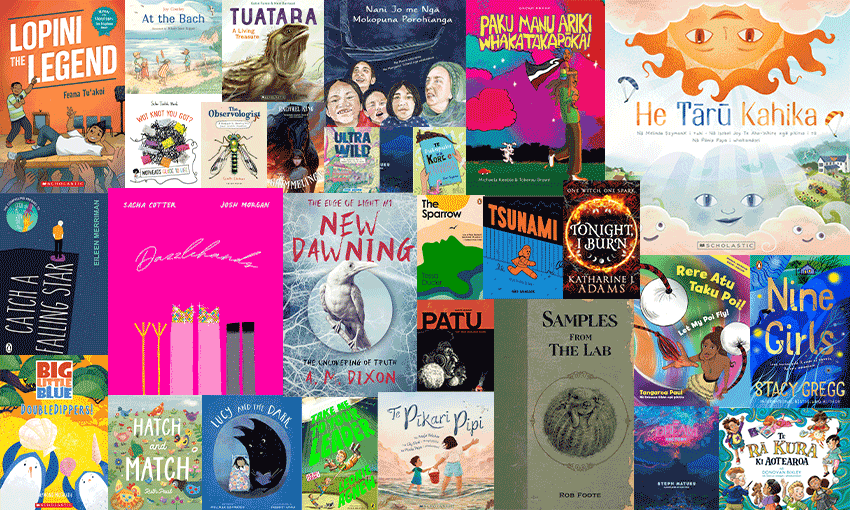Live updates from this year’s awards from books editor Claire Mabey.
Welcome to our annual celebration of Aotearoa’s children’s writers! Stay tuned for all the winning news as well as the inside scoop on the fashion, the catering, and the speeches. If you need a refresh on who’s up for awards tonight, check out the finalists on The Spinoff here.



